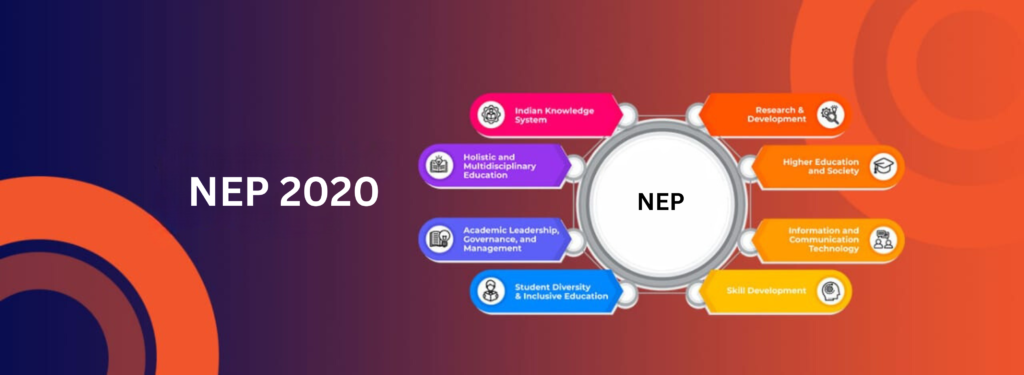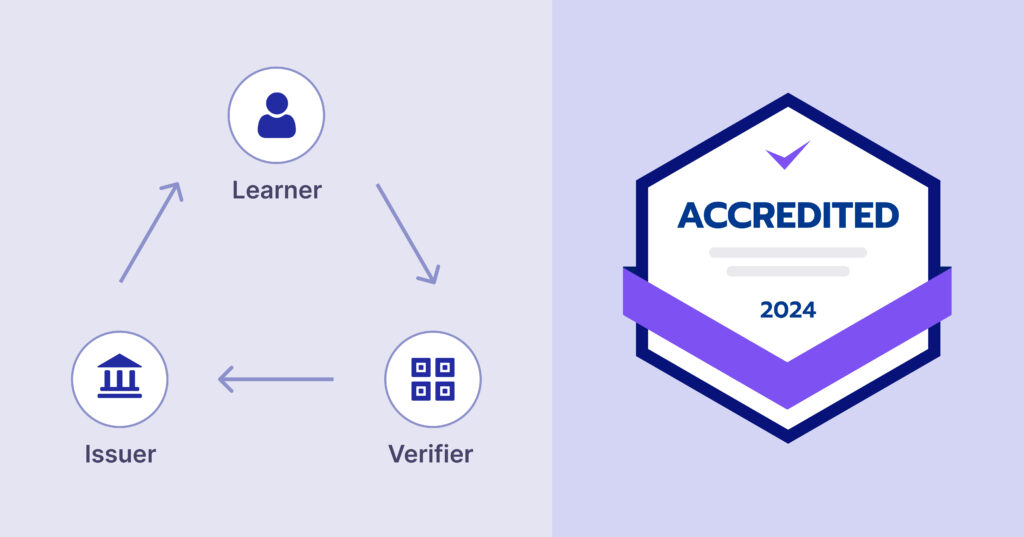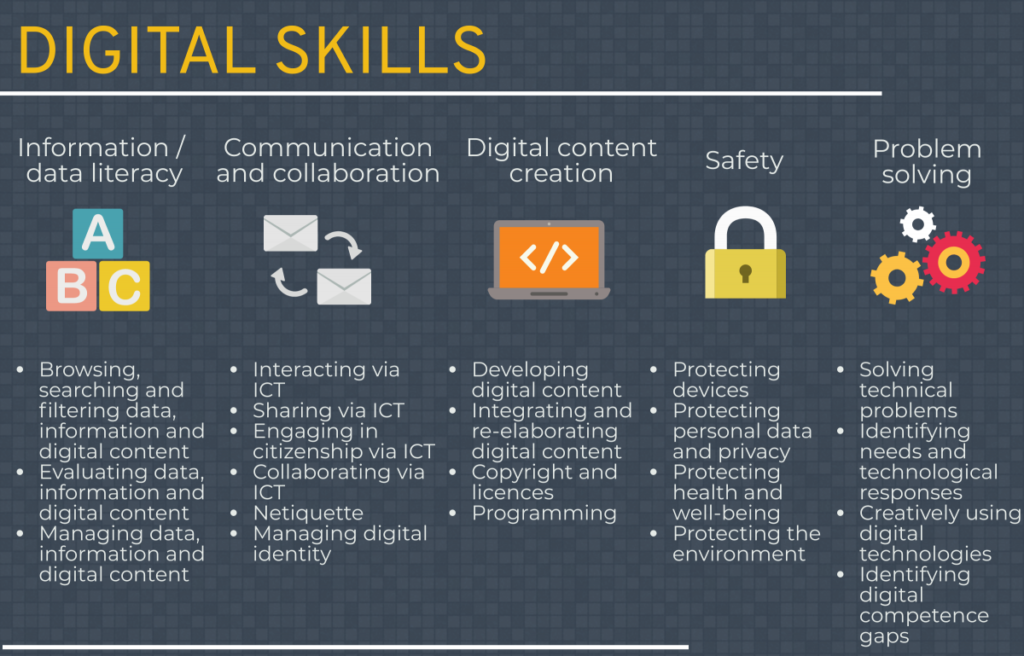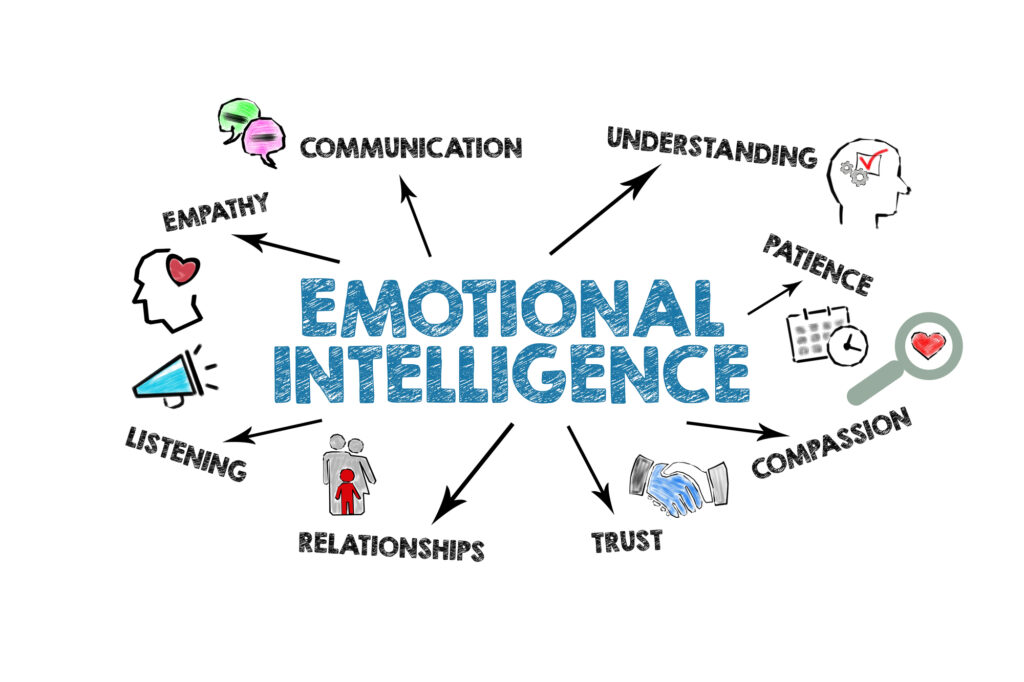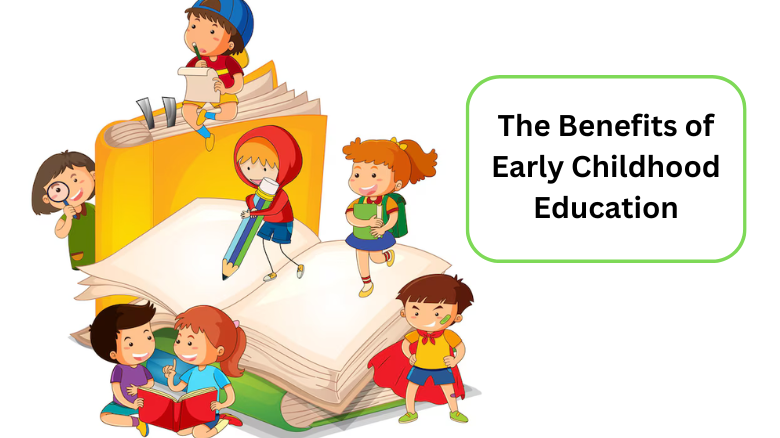Digital Textbook Adoption Challenges and the Shift in Modern Schooling
Choosing the right school for your child is one of the most important decisions you will make as a parent. Education today goes beyond traditional blackboards and textbooks—it now includes digital platforms, smart classes, and e-learning tools. Among these changes, the rise of e-learning has brought with it a growing concern: Digital Textbook Adoption Challenges. As schools in Dehradun and across India aim to go digital, they face hurdles in implementing digital textbooks effectively. This blog, brought to you with insights from Verified Campus, the best school listing portal in Dehradun, explores these challenges and helps parents understand how they affect their child’s education. What Are Digital Textbook Adoption Challenges? Digital Textbook Adoption Challenges refer to the difficulties schools, teachers, students, and parents face when shifting from printed textbooks to digital versions. While digital textbooks are meant to enhance learning, streamline updates, and reduce physical load, the reality of their implementation is not always smooth. Schools often adopt digital textbooks with good intentions but find themselves struggling with infrastructure, access, cost, and even resistance from stakeholders. These obstacles can affect how effectively students receive and absorb information in the digital age. Why Digital Textbooks Are Gaining Popularity Before diving into the Digital Textbook Adoption Challenges, it’s important to understand why digital textbooks are becoming so popular: Up-to-Date Content: Unlike printed books, digital textbooks can be updated easily to reflect the latest information. Portability: Students no longer need to carry heavy school bags filled with multiple books. Interactive Features: Many digital textbooks offer videos, quizzes, animations, and hyperlinks to make learning more engaging. Eco-Friendly: Digital textbooks save paper, aligning with environmental goals. Remote Accessibility: With internet access, students can read from anywhere—making them perfect for hybrid or online education. Despite these advantages, the road to full digital integration is filled with difficulties. Major Digital Textbook Adoption Challenges Faced by Schools Let’s break down the most common Digital Textbook Adoption Challenges that schools face when trying to implement this new format: 1. Infrastructure Limitations Not all schools are equipped with the digital infrastructure necessary for digital textbooks. Many lack: Reliable Wi-Fi Sufficient numbers of tablets or computers Charging facilities in classrooms Secure content distribution platforms Without these essentials, digital textbooks can’t be accessed or used effectively. 2. Device Accessibility for Students Not every student owns a digital device suitable for reading digital textbooks. This creates a digital divide, especially in schools where students come from diverse economic backgrounds. Some students end up sharing devices, borrowing them occasionally, or missing out on content altogether—creating inequality in the learning process. 3. Teacher Preparedness Teachers need to be trained not just in using digital devices but also in delivering lessons using interactive features in digital textbooks. This requires: Time for professional development Willingness to shift from traditional teaching Comfort with using educational software Without adequate support, teachers may resist or avoid using digital materials altogether. 4. Student Distraction Digital devices open the door to non-educational content—games, videos, and social media. Without strict monitoring and clear usage policies, students might get distracted, impacting their learning outcomes. This is one of the critical Digital Textbook Adoption Challenges that worries both educators and parents alike. 5. Data Security and Privacy Digital textbooks require login credentials, user data, and sometimes even location access. Schools must ensure that: Data is stored securely Children’s privacy is protected Systems comply with digital education laws This is a growing concern as cybersecurity threats increase globally. 6. Cost of Subscription Models Many digital textbooks come with subscription-based pricing, which can be more expensive in the long run than a one-time purchase of printed books. This is a big concern for budget-conscious schools and families. In addition, schools have to deal with licensing issues and annual renewal fees, which complicate long-term planning. Impact on Students and Parents Digital Textbook Adoption Challenges don’t just affect schools—they directly influence how students learn and how parents support that learning at home. For Students: May feel overwhelmed without printed reference materials Struggle with screen fatigue and eye strain Face hurdles if their internet or device is slow or unreliable For Parents: May lack digital literacy to assist their children Might face financial strain buying tablets, subscriptions, or accessories Need to monitor screen time more actively This creates a learning environment where collaboration between home and school becomes more critical than ever. Overcoming Digital Textbook Adoption Challenges While these hurdles are real, they are not impossible to overcome. Many schools in India and globally are finding ways to address Digital Textbook Adoption Challenges through thoughtful planning and community support. Here’s how: 1. Public-Private Partnerships: Some schools collaborate with EdTech firms to get access to subsidized devices, training, and software. 2. Blended Learning Models: Using both printed and digital books during the transition period helps ease resistance and ensures no student is left behind. 3. Teacher Training Programs: Investing in professional development ensures teachers are confident and competent in using digital tools. 4. Parent Workshops: Schools can conduct digital literacy workshops for parents to ensure support continues at home. 5. Clear Policies on Device Use: Implementing school-wide rules around digital device use reduces distractions and sets boundaries. These steps help ensure that the benefits of digital textbooks can be accessed without falling into the traps posed by their adoption. What Parents Should Look for in a School When evaluating schools, parents should consider how they are addressing Digital Textbook Adoption Challenges. Look for: Availability of digital devices and access for all students Proper digital literacy programs for both students and staff Transparent communication with parents regarding device use Availability of printed backup material Partnerships with reputed EdTech platforms As a parent, your goal should be to find a school that blends innovation with practicality—offering digital tools while ensuring no child is left behind. Future of Digital Textbooks in India With the National Education Policy (NEP) 2020 encouraging digital learning, the future looks promising. Still, Digital Textbook Adoption Challenges must be resolved at the grassroots level. The government is promoting initiatives like DIKSHA and ePathshala,
Digital Textbook Adoption Challenges and the Shift in Modern Schooling Read More »

